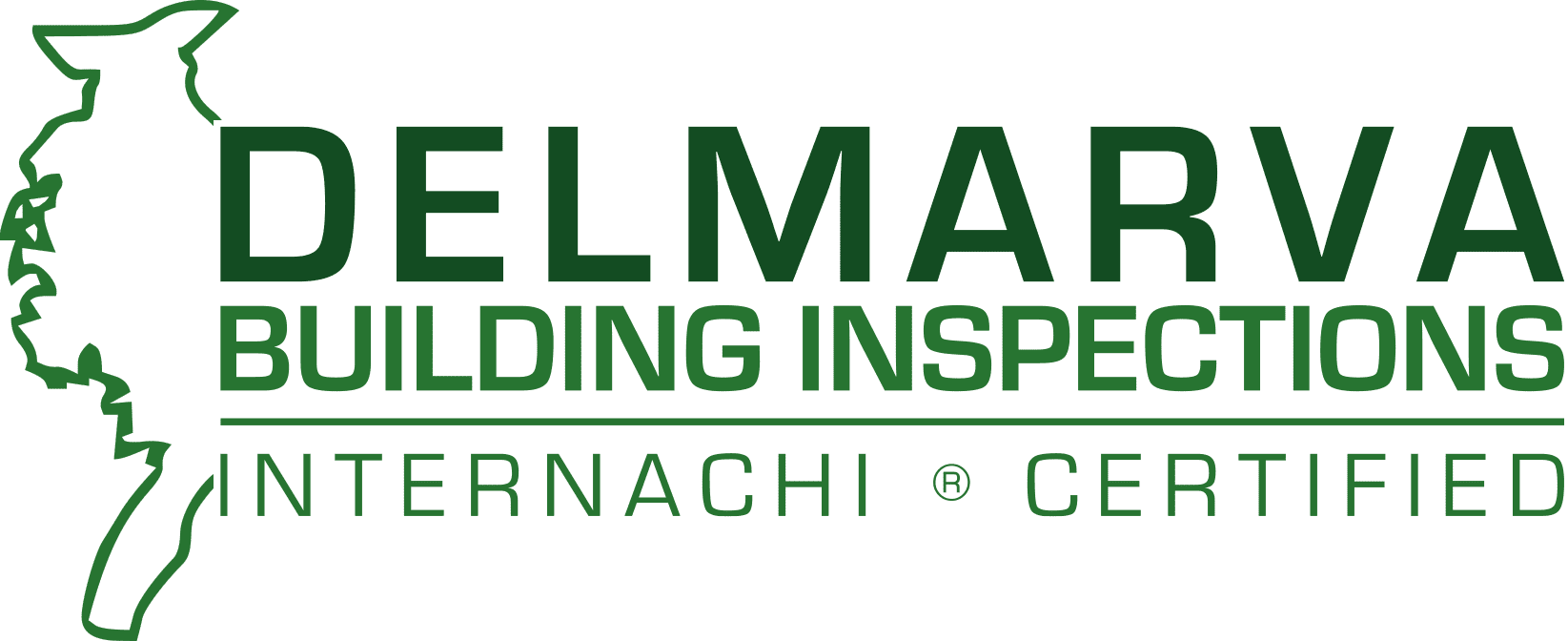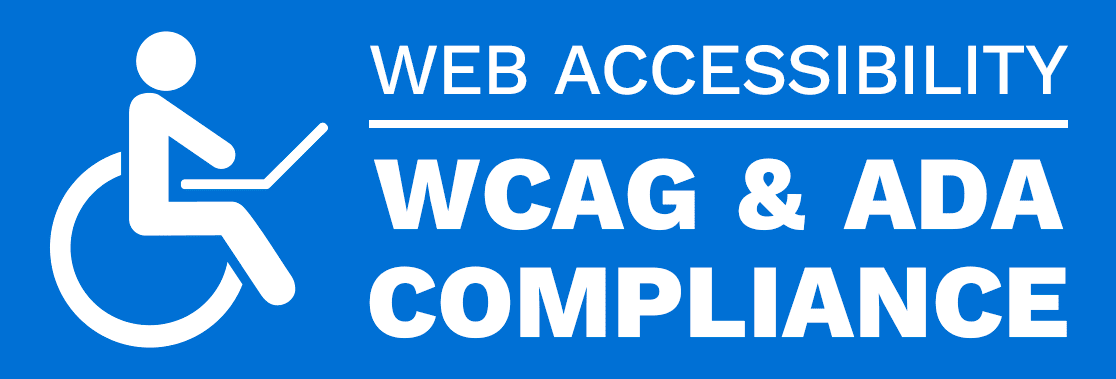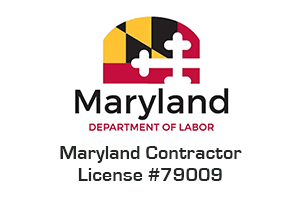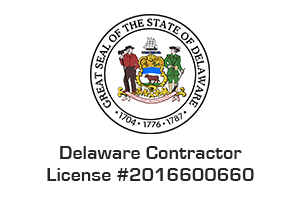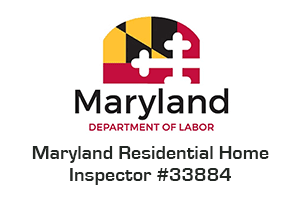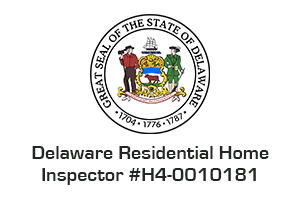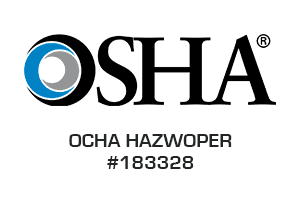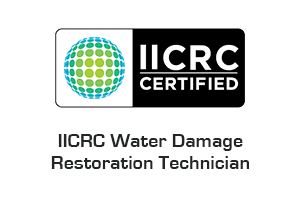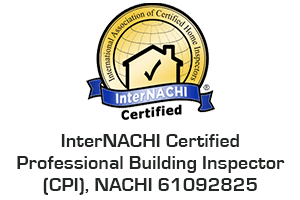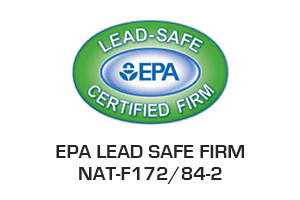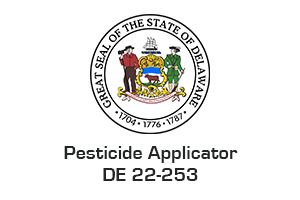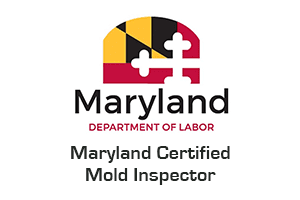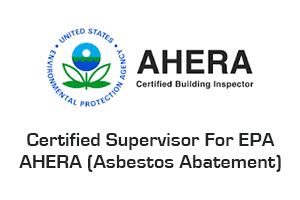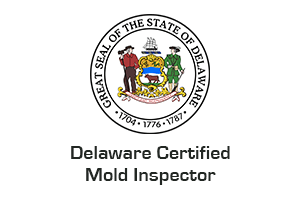The Role of Eco-Friendly Home Inspections:
Eco-friendly home inspections play a crucial role in identifying energy inefficiencies and potential areas for improvement within a home. Professional inspectors, equipped with specialized tools and knowledge, assess various aspects of a house to determine its overall energy performance. By conducting these inspections, homeowners gain a comprehensive understanding of their home’s energy consumption patterns and can make informed decisions to optimize efficiency.
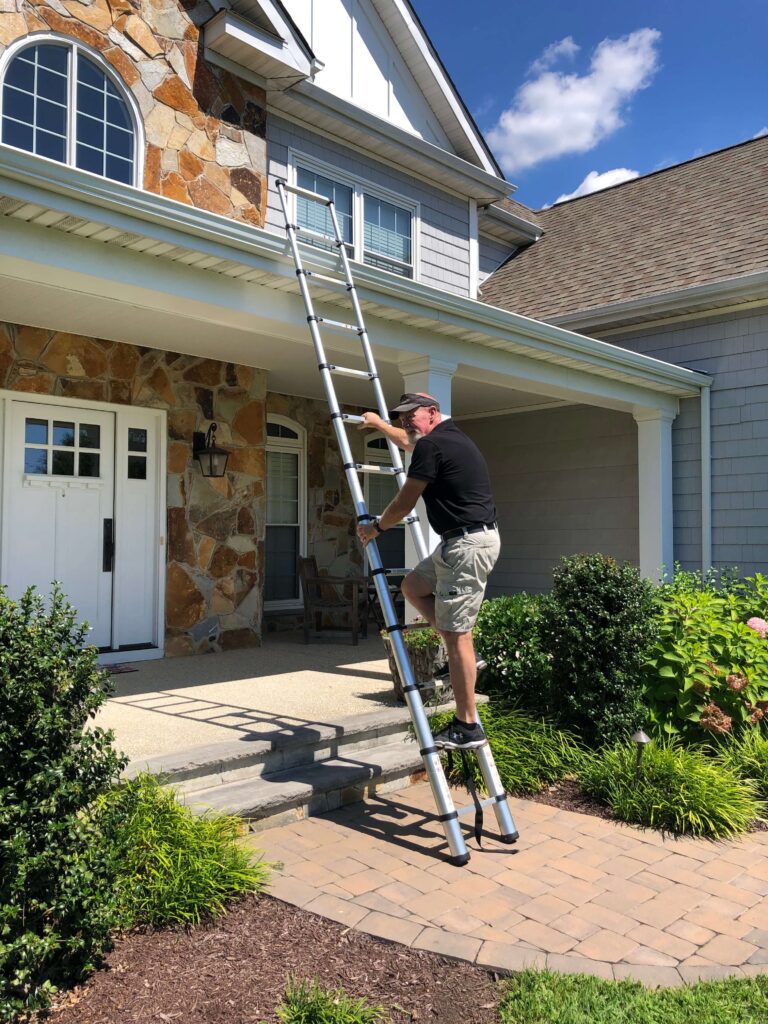
Evaluating The Building Envelope:
The building envelope is the physical barrier between the indoor and outdoor environment. Assessing the integrity of the building envelope is a fundamental aspect of eco-friendly home inspections. Inspectors examine windows, doors, insulation, and ventilation systems to ensure they are properly sealed, allowing minimal heat transfer. By addressing air leaks and inadequate insulation, homeowners can significantly reduce heating and cooling costs while improving comfort levels.
HVAC Systems:
Most homes’ heating, ventilation, and air conditioning (HVAC) systems are major energy consumers. Eco-friendly inspections thoroughly evaluate the HVAC system’s performance, including efficiency ratings, ductwork, and air filtration. Inspectors may recommend upgrading to energy-efficient models, performing regular maintenance, and considering programmable thermostats to optimize energy usage.
Heating and Cooling Units: The inspector will examine the heating and cooling units, such as furnaces, boilers, heat pumps, and air conditioning systems. They will check for signs of wear and tear, corrosion, leaks, and proper functioning. The inspector may also evaluate the age of the units and determine if they require any immediate repairs or replacements.
Thermostats: The inspector will evaluate the functionality and accuracy of thermostats. They will check if the temperature readings align with the actual room temperatures and assess the programming capabilities, such as programmable or smart thermostats. Upgrading to programmable thermostats allows homeowners to optimize energy usage by adjusting temperature settings based on occupancy patterns.
Energy Efficiency: The inspector may assess the energy efficiency of the HVAC system by checking its energy ratings and efficiency certifications. They may calculate the system’s Seasonal Energy Efficiency Ratio (SEER) or Annual Fuel Utilization Efficiency (AFUE) to determine how efficiently it operates. Your inspector may recommend upgrading to energy-efficient models may be provided if the existing system is outdated or inefficient.
Lighting and Appliances:
Lighting and appliances account for a substantial portion of a home’s energy consumption. During inspections, energy-efficient lighting fixtures, such as LEDs, are encouraged to replace traditional incandescent bulbs. Similarly, you can ask your inspector to check for outdated appliances with low energy efficiency ratings. Homeowners may consider Energy Star-certified replacements, which consume less energy without sacrificing performance.
During a home inspection, assessing lighting and appliances is an important aspect of evaluating energy efficiency and identifying opportunities for improvement. Here’s what is involved when a home inspector inspects lighting and appliances:
Lighting:
The inspector evaluates the lighting fixtures throughout the house, focusing on energy-efficient alternatives. They check the types of bulbs used and recommend replacing traditional incandescent bulbs with more energy-efficient options. Inspectors may also assess the presence of dimmer switches and their functionality, as they offer flexibility in controlling light levels and reducing energy consumption. Additionally, they may advise homeowners on strategically placing lighting fixtures to optimize natural lighting, reducing the need for artificial lighting during the day.
Have your home professionally tested for lead-based paint.
Appliances:
Home inspectors examine the appliances in the house to determine their energy efficiency and overall condition. They check for energy-efficient labels such as Energy Star certification, which indicates that the appliance meets specific energy-saving standards. The inspector may also evaluate the age and performance of the appliances. If outdated or inefficient models are found, they might recommend upgrading to newer, energy-efficient appliances that consume less electricity or water without compromising functionality. Proper maintenance and cleaning of appliances are also emphasized, as regular upkeep contributes to their efficient operation and prolongs their lifespan.
By assessing lighting fixtures and appliances, home inspectors provide homeowners with valuable insights into energy-efficient alternatives and opportunities for reducing energy consumption. Implementing the recommended measures, such as using LED lighting and upgrading to energy-efficient appliances, not only lowers utility bills but also minimizes environmental impact by reducing energy demand and greenhouse gas emissions.
Renewable Energy Sources:
As the popularity of renewable energy grows, eco-friendly home inspections often include an assessment of the feasibility and potential benefits of integrating renewable energy sources. Inspectors could evaluate factors like roof orientation, shading, and available space to determine if solar panels can be installed. Incorporating renewable energy into a home’s energy mix reduces dependence on fossil fuels, lowers utility bills, and even generates excess electricity to sell back to the grid.
Water Conservation:
When it comes to assessing water conservation during a home inspection, a thorough examination of various aspects related to water usage and efficiency is conducted. Here’s what is involved when a home inspector inspects water conservation:
Water Fixtures: The inspector evaluates the water fixtures in the house, including faucets, showerheads, and toilets. They check for any signs of leaks, drips, or inefficient water flow. Inspectors may use specialized tools to measure the flow rate and ensure it falls within acceptable limits. Recommendations may be given to replace outdated fixtures with water-efficient models, such as low-flow faucets and showerheads, which can significantly reduce water consumption without sacrificing performance.
Plumbing System: The inspector examines the system to identify leaks, damaged pipes, or faulty connections. They may inspect exposed pipes for signs of corrosion or moisture, which can indicate potential leaks. Additionally, the inspector checks the water pressure to ensure it is within acceptable ranges. High water pressure can lead to water wastage and strain on plumbing components. If issues are found, recommendations may include repairing leaks, replacing damaged pipes, or installing pressure regulators to optimize water usage.
Do you need well water inspection? We have the well water specialist that’s right for you.
More Ways On Water Conservation
Irrigation Systems: If the property has an irrigation system for landscaping, the inspector assesses its efficiency and potential water conservation measures. They check for proper installation, the functionality of timers and valves, and potential leaks or overspray. Recommendations might include using drip irrigation systems, which provide targeted watering to plants’ root zones. Additionally, they can advise on reducing water loss through evaporation or runoff. Inspectors may also suggest adjusting irrigation schedules based on weather conditions to avoid overwatering.
Rainwater Harvesting: In some cases, the home inspector may evaluate the feasibility of rainwater harvesting systems. They assess the roof’s design, gutters, and downspouts to determine if rainwater collection is viable. If suitable, recommendations on installing rain barrels or larger storage tanks to capture rainwater for non-potable uses such as gardening, landscaping, or toilet flushing may be provided. Utilizing rainwater reduces the reliance on treated water, conserves resources, and can contribute to overall water efficiency.
By thoroughly inspecting water conservation measures, home inspectors help homeowners identify opportunities to reduce water consumption. They can also advise on how to minimize wastage and promote sustainable water usage practices. Implementing the recommended measures can lower water bills and contribute to environmental conservation by conserving this precious resource.
Need a mold inspection? We have you covered!
Embracing An Eco-Friendly Home Inspection
Eco-friendly home inspections provide homeowners with valuable insights into their homes’ energy efficiency and offer recommendations. They can also offer advice for improvements that reduce both environmental impact and utility costs. By focusing on key areas such as the building envelope, HVAC systems, lighting, appliances, renewable energy sources, and water conservation, homeowners can make informed decisions to create a more sustainable and energy-efficient living space. Embracing eco-friendly home inspections is a proactive step towards a greener future, benefiting the planet and our wallets.
